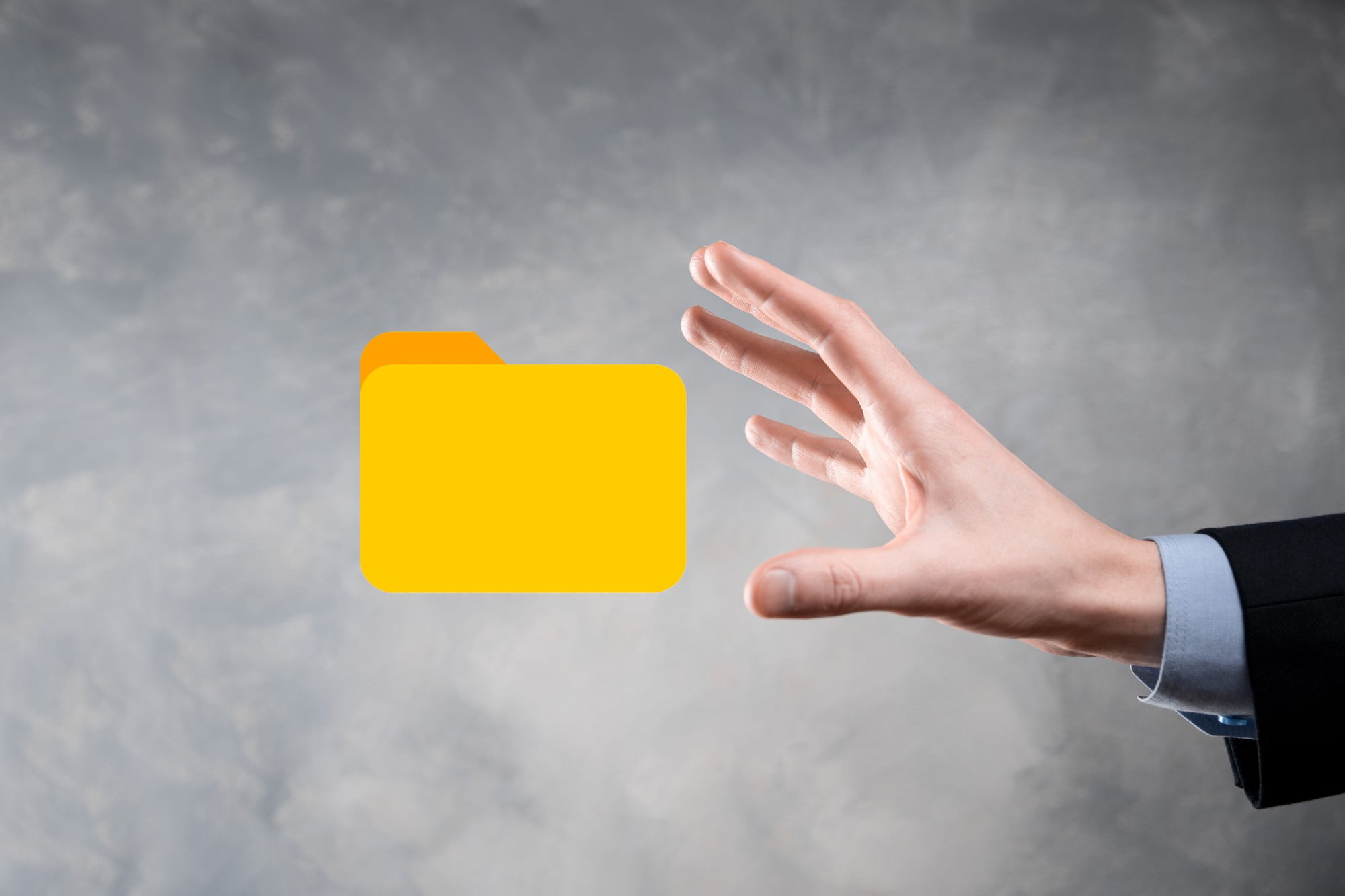In every language, greetings hold immense importance as they serve as the foundation of communication. The phrase “How are you?” is a universal inquiry that fosters connection and establishes rapport between speakers.
This guide will delve into how to say “How are you?” in Russian, providing you with essential phrases and cultural insights that will enrich your conversational skills and enhance your interactions.
By mastering this phrase, you will unlock a key element of engaging communication within Russian-speaking environments.
Table of Contents
ToggleUnderstanding the Basics of Russian Greetings
Greetings are not merely formalities; they reflect a culture’s values and social norms. In Russian, a warm greeting often sets the tone for the conversation, highlighting the importance of respect and familiarity in social settings.
When meeting someone, it’s customary to initiate dialogue with a greeting that aligns with the context—be it formal or informal. As you immerse yourself in the Russian language, understanding these nuances will help you convey respect and friendliness effectively.
The Standard Phrase for “How Are You?” in Russian
Introducing the Phrase
To ask someone how they are in Russian, the standard phrase is:
- Phrase: “Как дела?” (Kak dela?)
Pronunciation Tips
- Phonetic spelling: “Kahk dyeh-lah?”
- Note that the emphasis is generally on the second syllable.
Direct Translation and Usage
“Как дела?” translates directly to “How are you?” in English. It’s an informal inquiry well-suited for conversations with friends, family, or acquaintances. Use it as a gateway to deeper interaction, inviting your conversation partner to share how they are feeling.
Situational Examples
- Casual Encounter: Meeting a friend at a café.
- You: “Привет! Как дела?” (Privet! Kak dela?) – “Hi! How are you?”
- Friend: “Хорошо, спасибо!” (Khorosho, spasibo!) – “Good, thank you!”
- After a Class: Greeting fellow students.
- You: “Как дела, ребята?” (Kak dela, rebyata?) – “How are you, guys?”
- Classmate: “Неплохо.” (Neplokho.) – “Not bad.”
Variations of “How Are You?”
Informal Alternatives
While “Как дела?” is widely used, there are other casual expressions that can add variety to your conversations:
- “Что нового?” (Chto novogo?) – What’s new?
- “Как поживаешь?” (Kak pozhivayesh?) – How are you doing?
Formal Alternatives
In formal contexts, it’s appropriate to use more respectful phrasing:
- “Как вы?” (Kak vy?) – How are you? (formal)
- This is commonly used in business or when addressing someone you don’t know well.
Responses to “How Are You?”
Common Responses
When you ask “Как дела?”, being prepared with responses can help maintain the conversation:
- “Хорошо!” (Khorosho!) – Good!
- “Неплохо.” (Neplokho.) – Not bad.
More Elaborate Responses
For more engaging interactions, consider expanding your replies:
- “Я чувствую себя хорошо!” (Ya chuvstvuyu sebya khorosho!) – I feel good!
- Follow-up questions can keep the dialogue flowing, such as:
- “А у тебя как?” (A u teba kak?) – And how about you?
Common Mistakes to Avoid
Miscommunication Pitfalls
As with any language, miscommunication can happen. Here are common pitfalls to watch out for:
- Mispronunciation of “Как дела?” can lead to confusion.
- Using informal greetings in formal contexts may come off as disrespectful.
Cultural Faux Pas
Understanding when to be formal or informal is crucial in Russian culture. Avoid using casual phrases with someone of higher status or whom you’ve just met to ensure that your communication is respectful.
Tips for Practicing Conversational Russian
Engaging with Native Speakers
One of the most effective ways to learn is through practice. Consider these suggestions:
- Participate in language exchanges to gain real-life conversational experience.
- Join Russian-themed meetups or cultural groups for immersion and practice.
Daily Integration
Incorporate Russian greetings into your daily life. Simple suggestions include:
- Greeting friends or colleagues with “Как дела?” during your morning encounters.
- Practicing through media exposure—watching Russian films or listening to Russian music can be beneficial as well.
Resources for Further Learning
Recommended Books
Enhance your language skills with these highly recommended resources:
- Textbooks designed for conversational Russian that focus on practical phrases and grammar.
Online Tools and Apps
Utilise digital resources to complement your learning. Helpful platforms include:
- Language learning apps such as Duolingo or Babbel, which offer interactive lessons in Russian.
- Community forums and blogs dedicated to language exchange can provide invaluable tips and support.
Utilizing Media for Learning
Immerse yourself in the Russian language by consuming various forms of media:
- Watch Russian films and shows with subtitles to improve both your listening and speaking skills.
- Read Russian literature or children’s books to build vocabulary in a fun and engaging way.
Conclusion
Knowing how to say “How are you?” in Russian is an essential step towards effective communication and cultural exchange. Regular practice and engagement will not only enhance your conversational skills but also strengthen your connection with Russian speakers.
Remember that effective communication consists of both verbal expressions and the cultural context in which they are used. Embrace the learning process and enjoy the journey as you become more fluent in this beautiful language.
FAQs
1. What does “Как дела?” mean?
“Как дела?” translates to “How are you?” in English and serves as a common greeting in informal contexts.
2. Can I use “Как дела?” in formal settings?
While “Как дела?” is primarily informal, it can be understood in a formal context. However, it is best to use “Как вы?” when addressing someone in a formal setting.
3. What are some common responses to this question?
Typical responses include “Хорошо!” (Good!) or “Неплохо.” (Not bad.), and feel free to elaborate with more personal feelings or follow-up questions to enrich the conversation.
By following this guide, you’ll be well on your way to confidently using “How are you?” in Russian, fostering deeper connections and meaningful interactions with Russian-speaking individuals.









